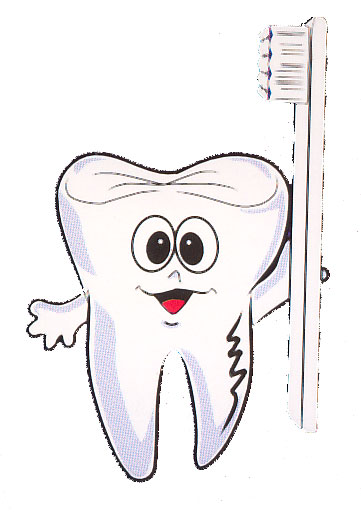New Mint May Reduce Cavities In Kids
 From the beginning of time, it seems, it's been hard to train children to brush their teeth. But a new mint may take at least some of the pressure off.
From the beginning of time, it seems, it's been hard to train children to brush their teeth. But a new mint may take at least some of the pressure off.A study published in the Journal of Clinical Dentistry suggests chewing a special mint can also dramatically reduce cavities in children. The study shows children who were administered the mint, called BasicMints, had 62 percent fewer cavities in their molars after one year compared to children in the placebo group.
The mint contains CaviStat, which is designed to mimic the cavity fighting benefits of saliva by neutralizing harmful plaque acids and simultaneously promoting the remineralization of the tooth structure.
CaviStat was developed and clinically tested by researchers in the Department of Oral Biology and Pathology at Stony Brook University School of Dental Medicine.
The technology was patented and exclusively licensed to Ortek Therapeutics, Inc., by the Research Foundation of State University of New York through its campus arm, the Office of Technology Licensing & Industry Relations. The company said it is planning to submit an Investigational New Drug application with the U.S. Food and Drug Administration later this year.
BasicMints are not currently approved for use in the U.S. However, researchers say all of the components of CaviStat are naturally present in the human body.
"Cavities affect the quality of life for millions of children every year by causing them pain, to miss school days and cost billions of dollars to repair annually," said Israel Kleinberg, D.D.S., Ph.D., lead researcher and inventor of the CaviStat technology and Distinguished Professor and Founding Chairman of the Department of Oral Biology and Pathology at SBU School of Dental Medicine.
"This study shows for the first time that this new fluoride-free, cavity-fighting tool has the potential to significantly improve the oral health of children."
The study showed that after six months, children who took BasicMints with CaviStat twice a day had 68.3 percent fewer cavities than the placebo group. After 12 months those children had 61.7 percent fewer cavities as compared to the placebo group in all of the molars studied.
In the first permanent molars, some early erupting premolars and second molars, the children who were in the BasicMints study group had 75.6 percent fewer cavities after six months and 50.7 percent less cavities after 12 months, as compared to the placebo group.
Additionally, children in the BasicMints group had 76.2 percent less cavities in the deciduous molars after six months and 74.8 percent less cavities after 12 months, as compared to the placebo controls.
Source : www.consumeraffairs.com














Post a Comment